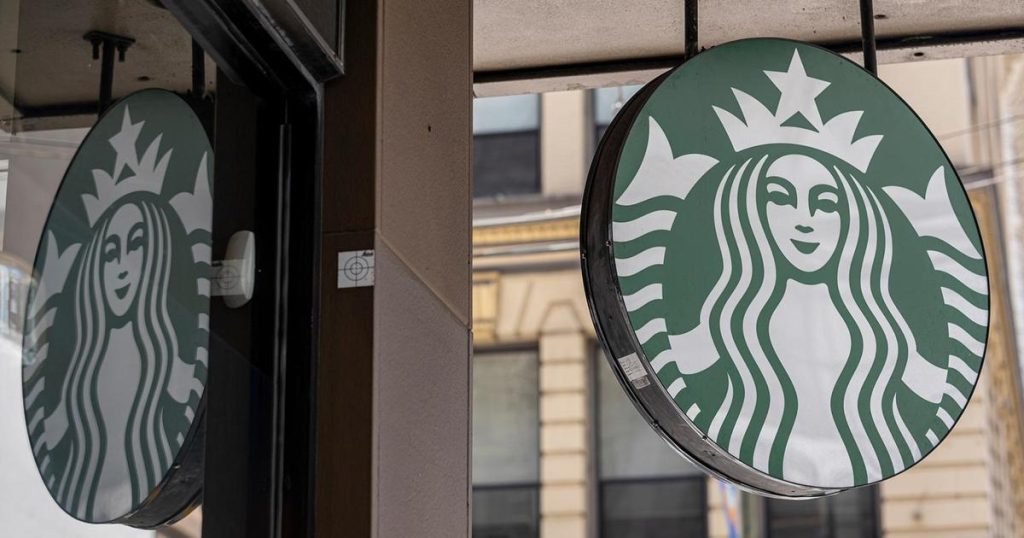Florida Attorney General Ashley Moody has called for a state investigation of Starbucks’ diversity, equity, and inclusion practices, suggesting that the coffee chain may be in violation of the state’s anti-discrimination laws. Moody, along with Gov. Ron DeSantis, announced a complaint against Starbucks, citing concerns about hiring quotas and programs that focus on the color of employees’ skin. The matter has been referred to the Florida Commission on Human Relations for further investigation.
The commission’s primary role is to enforce the Florida Civil Rights Act, which has faced criticism in the past. Recently, Black clergy members have criticized the panel for halting inductions into its Civil Rights Hall of Fame during the governor’s first term. Moody’s complaint specifically accuses Starbucks of policies that may discriminate based on race, pointing to the company’s emphasized hiring goals for Black, Indigenous, and People of Color (BIPOC) individuals. This move comes in the context of a federal appeals court ruling in March that found unconstitutional a provision of Florida’s “Stop WOKE Act” targeting diversity programs in businesses.
The use of racial quotas in hiring has been deemed an illegal practice by many courts, leading the Florida Commission on Human Relations to investigate further. The Attorney General’s office has cited state laws authorizing such a probe, emphasizing that the agency has the authority to look into potential violations. Starbucks has not responded to requests for additional comments on the matter, leaving questions about the extent and nature of their diversity, equity, and inclusion policies unanswered amid the ongoing investigations and public discourse.
The debate surrounding Starbucks’ practices reflects broader cultural and legal tensions related to diversity, equity, and inclusion initiatives. With corporations facing increasing scrutiny over their approaches to racial justice and equality, the role of state authorities in overseeing these matters is coming to the forefront. Moody’s call for an investigation highlights concerns about potential discriminatory practices at a major national chain, while also raising questions about the legality and ethical considerations of diversity programs in the workplace in Florida and beyond.
The intersection of race, law, and business practices is at the heart of the controversy surrounding Starbucks’ alleged violations of anti-discrimination laws in Florida. The company’s focus on hiring individuals from specific racial backgrounds has drawn criticism, with calls for greater transparency and accountability in its diversity initiatives. As the investigation unfolds, it remains to be seen how Starbucks will address these accusations and whether it will take steps to align its practices with legal requirements and societal expectations.
In the broader context of ongoing debates about race, privilege, and corporate responsibility, the Starbucks investigation in Florida represents a critical moment for companies navigating issues of diversity and inclusion. The outcome of this case could set a precedent for how businesses approach diversity initiatives and compliance with anti-discrimination laws in the state. As stakeholders await the results of the investigation, the focus on Starbucks’ practices serves as a reminder of the complexities and challenges inherent in promoting diversity, equity, and inclusion within the corporate world and the legal framework that governs it.


